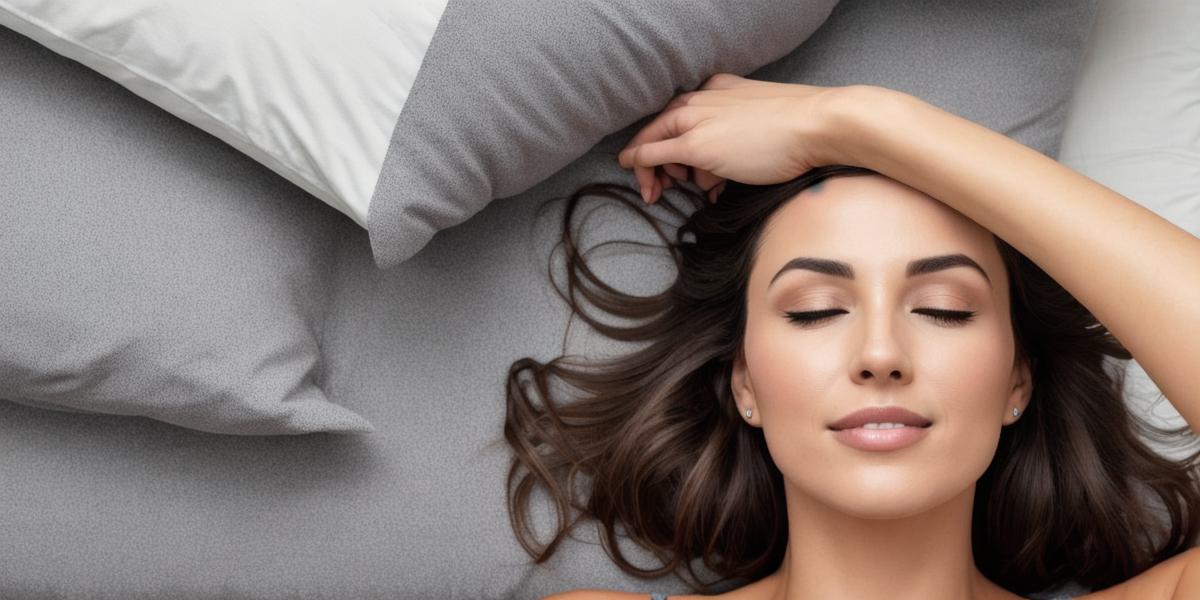how to sleep with tmj
Temporomandibular joint disorder (TMJ) can make it challenging to sleep due to pain, discomfort, and limited jaw mobility. However, there are several tips and techniques that can help improve your sleep quality with TMJ. In this article, we will discuss the best ways to manage your symptoms and create a comfortable sleep environment.
Creating a Sleep-Friendly Environment
Invest in a supportive pillow and a comfortable mattress that provides adequate support without being too firm. Use a pillow under your arm to support your neck and keep it in the correct position, or sleep on your side with a pillow between your knees for proper head and neck alignment.
Manage Your Symptoms
Use a jaw guard or mouth splint to keep your jaw in its correct position while you sleep, reducing pain and discomfort. Practice relaxation techniques such as deep breathing exercises, meditation, and yoga to alleviate tension in your jaw muscles and make it easier to fall asleep.
Alternative Sleeping Positions
Sleeping on your side is the best position for people with TMJ, keeping your head and neck aligned correctly and reducing pressure on your jaw. If you cannot sleep on your side, consider sleeping on your back instead.
Avoid Stimulants Before Bedtime
Avoid stimulants such as caffeine, nicotine, and alcohol for at least six hours before bedtime to improve your ability to fall asleep and stay asleep. Establish a regular sleep routine that includes waking up and going to bed at the same time every day.
Consider Therapy
If your TMJ symptoms are severe, therapy may be necessary. Cognitive behavioral therapy (CBT), biofeedback, and massage therapy can help alleviate pain and improve sleep quality.
FAQs
What is TMJ?
Temporomandibular joint disorder (TMJ) affects the temporomandibular joint, causing pain, discomfort, limited jaw mobility, and difficulty sleeping.
How do I manage my symptoms?
Use a jaw guard or mouth splint, practice relaxation techniques, use alternative sleeping positions, avoid stimulants before bedtime, and consider therapy if necessary.
What if my symptoms are severe?
If your TMJ symptoms are severe, therapy may be necessary. CBT, biofeedback, and massage therapy can help alleviate pain and improve sleep quality.
Is there a specific position I should sleep in?
Sleeping on your side is the best position for people with TMJ. Keep your head and neck aligned correctly and reduce pressure on your jaw.
What stimulants should I avoid before bedtime?
Avoid stimulants such as caffeine, nicotine, and alcohol for at least six hours before bedtime to improve your ability to fall asleep and stay asleep.
